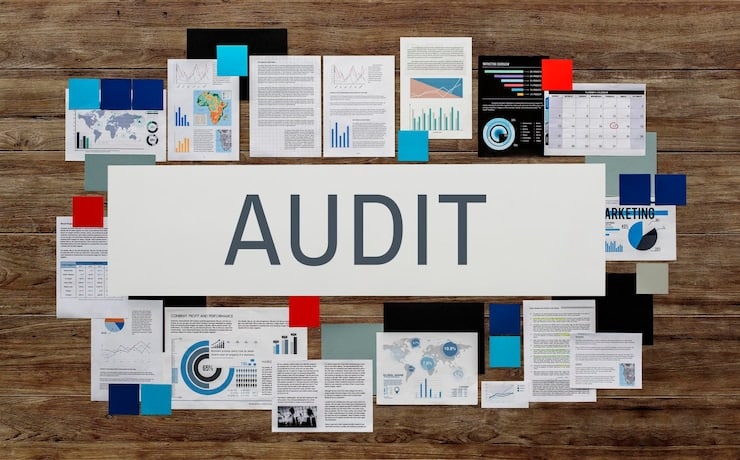Is Your Business Ready for an Audit?
Running a small business means juggling endless responsibilities, and financial tracking often slips down the list. Yet when an audit looms—be it internal, external, or from the IRS—being prepared can save time, stress, and money.

Here’s a practical checklist to keep your business audit-ready:
1. Maintain Clear Financial Records
Solid, up-to-date records of income and expenses are critical. Accurate documentation not only helps identify and fix errors early but also shows auditors that your operations are transparent and trustworthy. You’ll need to provide detailed transaction records with supporting documentation during an audit.
2. Get Organized
Auditors require access to contracts, payroll data, debt agreements, bank statements, and more. Whether you use physical files or cloud-based accounting software, ensure everything is well-organized and easily accessible. If you use software, the data should be clearly structured to speed up the process.
3. Close Books Regularly
Set a routine to close your books monthly. This habit ensures accuracy, helps spot issues early, and keeps your financials up to date.
4. Keep Up with Accounting Standards
Accounting rules can change. Stay informed on updates and compliance deadlines so you’re never caught off guard.
5. Know What’s Deductible
Not every business expense qualifies. The IRS allows deductions for necessary operational costs like equipment or office supplies. Unsure about an item? Flag it and ask your accountant.
6. Consult Your Accountant
If an audit is announced, your first step should be to call your accountant. They can guide you through the preparation and reduce the risk of missteps.
Managing a business is demanding—partnering with an expert ensures your financials stay sharp and audit-ready. Reach out to Executive Financial Partners for a free consultation.


